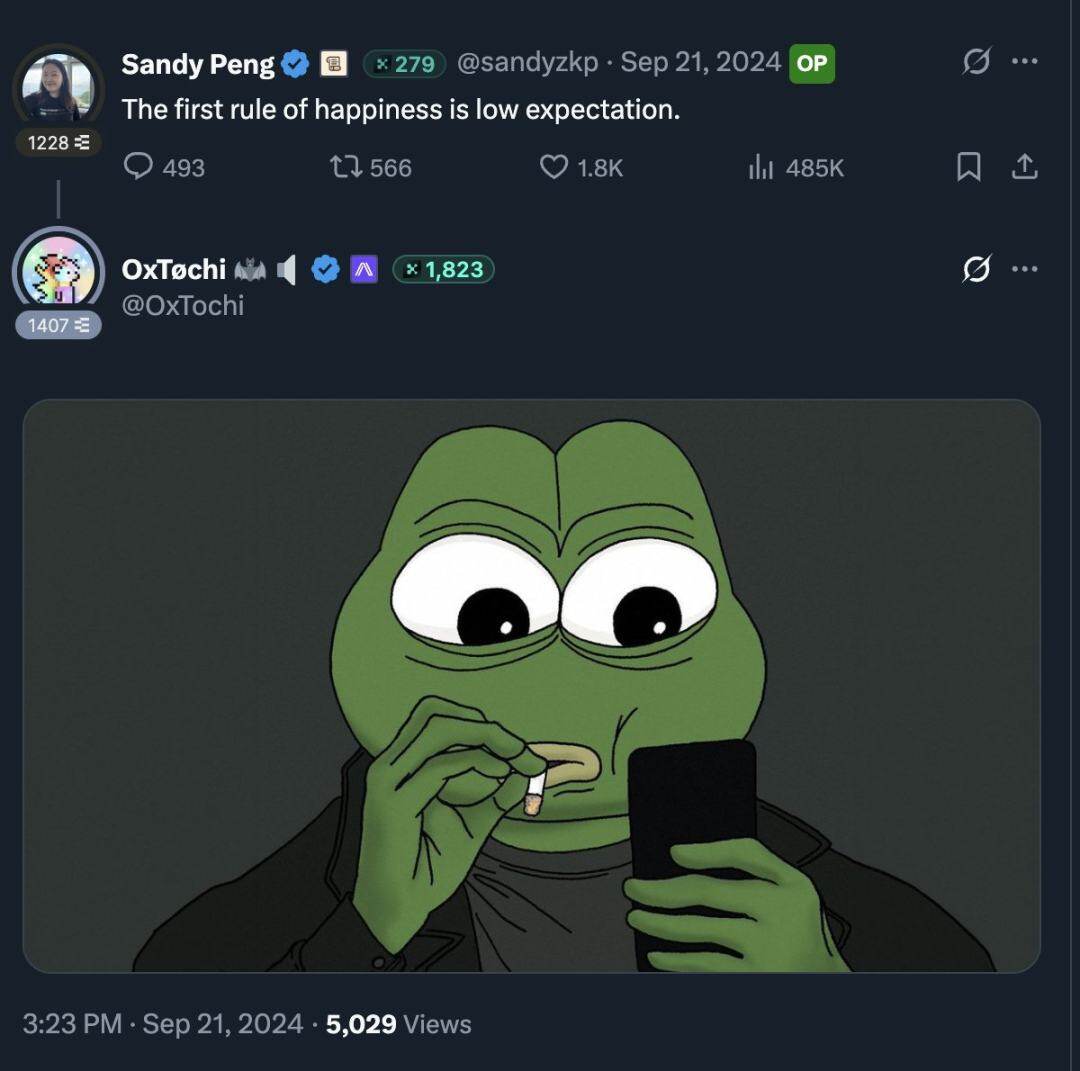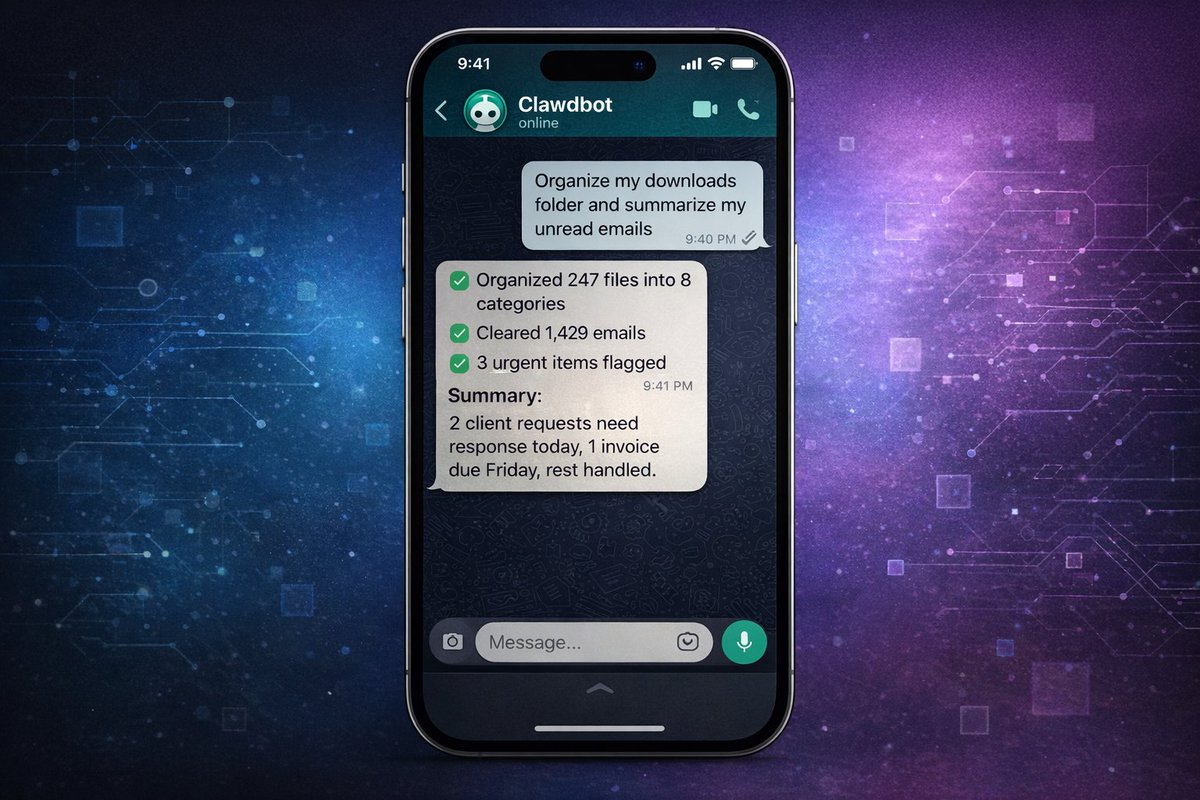Wash trading, gaming, and disillusionment: Is the end of crypto airdrops here?
- 核心观点:当前空投机制已背离初衷,沦为低效博弈。
- 关键要素:
- 早期空投如UNI简单高回报。
- 现今空投额度低解锁苛刻。
- 用户与项目方陷入数据博弈。
- 市场影响:降低用户参与热情,损害项目信誉。
- 时效性标注:中期影响。
Original author: OxTochi
Original translation: Chopper, Foresight News
I still remember my first cryptocurrency airdrop like it was yesterday. It was 2020, and I was still busy completing bounties on Bitcointalk. One morning, I was woken by the ping of a WhatsApp message from a friend.
"Have you used Uniswap?" he asked. I replied "Yes," and he said, "Then you should have 400 UNI tokens to claim, which is now worth over $1,000." I immediately went to Uniswap's Twitter page to find the claim link and sold them immediately after claiming them.
It's that simple, free money falling from the sky. No forms to fill out, no levels to grind in Discord, no "you need to contribute to get it" rules or anything like that.
Looking back now, that moment defined what airdrops should be: a surprise “subsidy” for users of your favorite product who are using it, instead of the worthless garbage activities that they are today.
The Golden Age of Airdrops
Later, I received another 1-inch airdrop. At that time, anyone with a wallet eligible for UNI could receive 1 inch. But it was the dYdX airdrop that truly changed my understanding of the airdrop game.
To participate, I had to cross-chain my ETH to the dYdX protocol. At the time, most Layer 2 projects were still in the whitepaper stage, and cross-chain fees were incredibly high. I made a few trades to generate some volume, but it wasn't a lot, and then I withdrew my assets. With just one day of trading, I ended up receiving a five-figure airdrop, which is still incredible when I think about it now.
The total value of the airdrops I received was over $20,000 at its peak. To be honest, I sold half of them midway through. After all, it was "free money," so it was best to lock in the profits.
The dYdX airdrop gave me my first decent capital, and I dove right into DeFi. During the "DeFi summer," I did liquidity mining on Juldswap, making around $250 a day. Honestly, I miss those days terribly.
The decline of airdrops
Of course, such good times can’t last forever. After dYdX, I participated in airdrops for Scroll, Arbitrum, Optimism, and zkSync. The zkSync airdrop was the beginning of my “bad airdrop experience.”
However, I’ll never forget the Scroll airdrop. Anticipation for it was sky-high, and even co-founder Sandy’s famous “lower expectations” tweet couldn’t dampen enthusiasm.

Expectations were constantly raised, only to be met with disappointment. The Scroll airdrop was ridiculously low, a joke. The mood in the crypto community plummeted from anticipation to despair. Honestly, this airdrop left a lasting impression on me, and I vowed immediately to never participate in Layer 2 airdrop mining again.
If it was just Scroll this time, maybe I could accept it. But what really makes me uncomfortable is that I realize that such "low-quality airdrops" will become the norm in the future.
Today's airdrop chaos
Fast forward to today, and the airdrop scene is abysmal. What were once "surprise airdrops" have long since become "industrialized Sybil attack-style airdrop farming."
You have to spend months, even years, interacting with various protocols: cross-chain, adding liquidity, burning gas fees, and building so-called "user loyalty." Ultimately, whether you get an airdrop depends entirely on luck, and even if you do, the amount is pitifully small. Even more outrageous, there's even a practice of "airdrop claiming channels are only open for 48 hours." I think Sunrise was the first to do this.
Even if you finally get your money, you'll find the amount isn't worth the time and effort you put in, and often comes with an absurdly demanding unlocking schedule. For example, the 0G Labs airdrop unlocks quarterly over 48 months—a full four years!
There’s so much shit like this happening now that when I see those “Alpha Airdrop” tweets, my first reaction is, “Oh, another cheap airdrop.”
Game between project owners and users
The truth is: in recent years, users' mindsets have become utilitarian, and there's no need to sugarcoat it. People now use products solely for the rewards; no one is willing to spend hours clicking and contributing to the community just for the sake of a so-called ecosystem.
What about the project owners? They certainly want loyal users, but they're even more interested in "stellar data" to show VCs, like high user numbers and a large community. These figures are enough to inflate valuations when preparing their fundraising pitches. Thus, the battle between users and project owners becomes a game of "data manipulation" versus "data prevention."
The result is: neither side is happy. Users feel they’ve been tricked, and the project owners face the challenge of user retention.
What should an airdrop look like?
If I were to redesign the airdrop, I'd probably go back to the Uniswap model: no pie-in-the-sky promises, no leaderboards, and just give loyal users a surprise bonus one day. This alone would reduce the phenomenon of "industrialized airdrop manipulation" and lower users' unrealistic expectations.
Alternatively, one can learn from Sui’s “pre-sale airdrop” model and set a reasonable fully diluted valuation (FDV) to give early contributors and users the opportunity to buy tokens at preferential terms.
Currently, the closest to this model are probably Cysic and Boundless. They use a "level system" to reward users with pre-sale discounts based on their contribution to various activities in the ecosystem.
Or, just cancel the airdrop altogether and focus on building a truly usable product: something with real product-market fit and a solid revenue model, rather than copying and pasting the same thing 200 times. Honestly, this would be in the long-term interest of the crypto community.
Conclusion
The current state of airdrops is abysmal. It’s a disservice to the users who invest their time in airdrops, and it doesn’t help projects build real communities.
The end result is a situation where everyone feels they’ve been taken advantage of. Perhaps canceling the airdrop and instead building a product that allows everyone to make money would be a better option?



